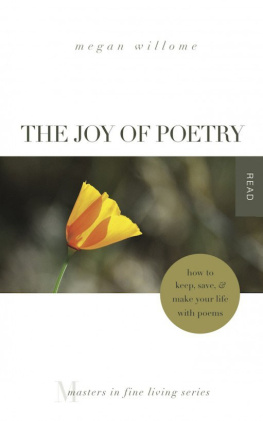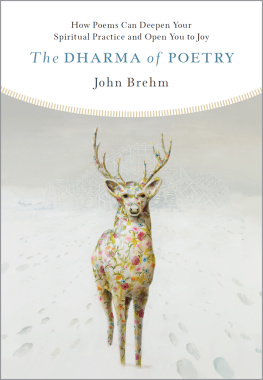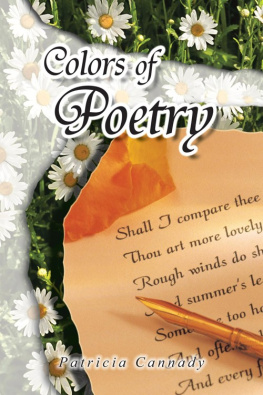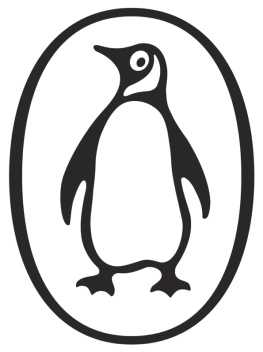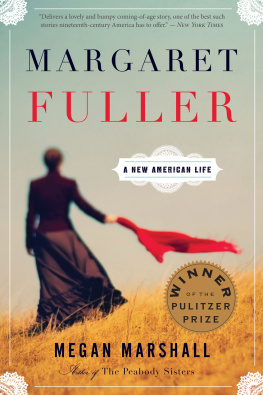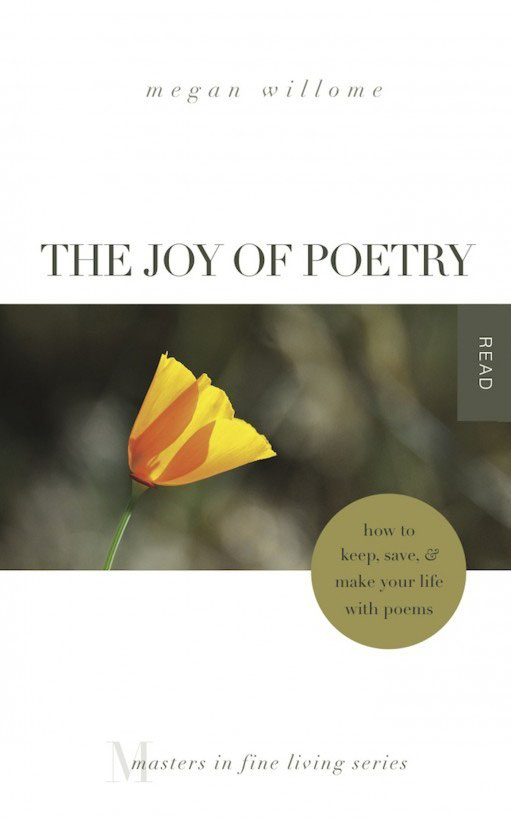THE JOY OF POETRY
how to keep, save & make your life
with poems
m e g a n w i l l o m e
masters in fine living series
T. S. Poetry Press New York
T. S. Poetry Press
Briarcliff, New York
Tspoetry.com
2016 by Megan Willome
You may share portions of this work (up to a whole chapter) without asking permission (in your book, on your blog, in your classroom, in a business presentation). We love when our work
is shared! Just tell people where you got it from. Link to us at tspoetry.com. But dont reproduce the whole darn thing and try to resell it. In our book, that would be naughty indeed.
Cover image by Pai-Shi Lee.
www.facebook.com/SomewhereInLife
ISBN 978-1-943120-14-7
Library of Congress Cataloging-in-Publication Data:
Willome, Megan
[Nonfiction.]
The Joy of Poetry/Megan Willome
ISBN 978-1-943120-14-7
Library of Congress Control Number: 2016935923
for Merry Nell
Table of Contents
Poem: Mare Draws Her Lover Fishing at Dusk
Poem: What to Sing
As Much as She Could Carry
Collecting Poetry
The first poem I ever published was due to the efforts of my mother, Merry Nell Drummond. I was 13 at the time and had an assignment to rewrite The Night Before Christmas. I wrote about a man helping his neighbor and re-titled it A Visit of Charity. Im not sure how my poem ended up on the front page of our towns weekly newspaper, the Westlake Picayune, but Im pretty sure my mother had something to do with it.
I had no idea that more than 30 years later Id still be writing poetry. I didnt know Id have scrapbooks of collected poetry, a new one for each new year. I didnt know Id read at least one poem every day. I didnt know Id journal about poems that were especially meaningful or especially clever. I certainly didnt know Id write about poetry in a book. But if I had written a letter to my 13-year-old self with the benefit of hindsight, it would have said, Stick with poetry. Youll need it.
My Christmas poem was published in 1984, the first time my mothers cancer came back. She was originally diagnosed with breast cancer in 1981, when she was 35. Three years later the cancer returned in her cervical vertebrae. It was as if her neck suddenly broke. When the radiologist saw her scans, he fell to his knees and said out loud, Oh, my God. Her oncologist thought with radiation and a hysterectomy, he could buy her another year or two; the radiologist thought six months was a more accurate prediction. After undergoing the recommended treatment she went on, happy and healthy and apparently cancer-free for the next 23 years.
But she wasnt cancer-free. She had a lovely pause. During that pause she saw me and my brother graduate from high school and then college. He finished law school. She welcomed five grandbabies into the world. But the cancer reappeared in 2007 in her liver. Tests revealed it was the original breast cancer in a new location.
When cancer moves to the liver, its fatal. Patients dont qualify for a liver transplant because once the cancer finds that pathway, it will find it again. Her treatment plan included alternating courses of hormone therapy and chemotherapy. Later, radiation therapy would be added. During her last three years, I began writing poems in earnest for the first time in a couple of decades.
After the publication of my Christmas poem I continued to write poetry in high school, when it was assigned, but I gave it up in college. For years I focused on marriage and children, not poetry. When I went back to work as a writer at a city magazine, I started reading a poem a day. It was my personal writing rituala poem from The Writers Almanac and a pot of tea kept the words flowing. But until my mothers cancer returned, I only wrote a poem when the mood struck, and it didnt strike often. With the change in her health status, I needed the kind of sustenance I could store. I needed a mouse named Frederick.
Published in 1967, Frederick, by Leo Lionni, was a Caldecott Honor Book featuring a mouse who is also a poet. While the other mice gather food during harvest time, Frederick gathers sun and colors and words, which he shares with his fellow mice in their stone den during the winter. When the mice are cold and depressed, having exhausted their store of nuts, they ask Frederick for his supplies. He gives them a poem about seasons. All these years later, the book still has a fine message: We need words during dark days.
Lets imagine our poet Frederick wrote more than the one rather sweet rhyming poem featured in the book. What if he wrote a silly one all the mouse children would memorize (and their parents would wish theyd forget)? What if he wrote a couple of really weird ones? Might dear Frederick write a sexy poem to whisper in the evening to his favorite lady mouse? Or a ghost poem about a headless squirrel who comes looking for hidden nuts? Maybe Frederick might write a monster poem, just for fun.
Monsters
furry,
fluffy,
feared.
scaly,
slimy,
seen.
ghostly,
gassy,
gone.
pointed,
purple,
possible.
monsters,
under your bed,
in your closet,
waiting and watching.
Katherine E. McGhee
Although the book ends with all the mice complimenting Frederick on his poetry, perhaps when spring finally arrives, each of them will gather their own words, along with berries and seeds. Maybe the next time winter comes, there will be more words from more mice to share.
Comparing winter to cancer is an obvious metaphor, but it is useful. In my mothers story, her cancer ebbed and flowed from 1981 to 2010. Some seasons were longer and more intense than others. Hers ended in spring. And during the late winter of her cancer I was Frederick, writing poems, 72 in all. This book contains some of those, as well as poems by others I discovered along the way, in every season. Some of them came to me after she was gone.
Dont expect a trove of maudlin poems. I needed variety.
I needed every type of poem Frederick ever considered writing, along with poetry written by contemporary poets like Mary Oliver and Billy Collins, previous-generation poets like Sara Teasdale and Shakespeare, and a host of poets Id never heard of, like Ruth Mowry, until, through serendipity, I found them.
The earths economy
Just when I thought the day
had nothing left to give,
when heat was ladled across
the shallow dry plate
of the nation, working or not, alive
or not, my country
road home from work
an affair of sour radio news and roadkill
the furred skunk, possum, cat,
squirrel, raccoon, in the
special economy of the outward
facing nose, lost in final scent,
the surrendered open mouth,
forehead pressed back in frozen
tragedy, tension gone, time done,
appetite dissolving into skull
I find myself at the kitchen counter
in a different Americana, tearing
kale ruffles from their spines
for a chilled supper of greens with lemon
and oil, Dijon, garlic, cucumber
live, wet and impossibly cool from the

